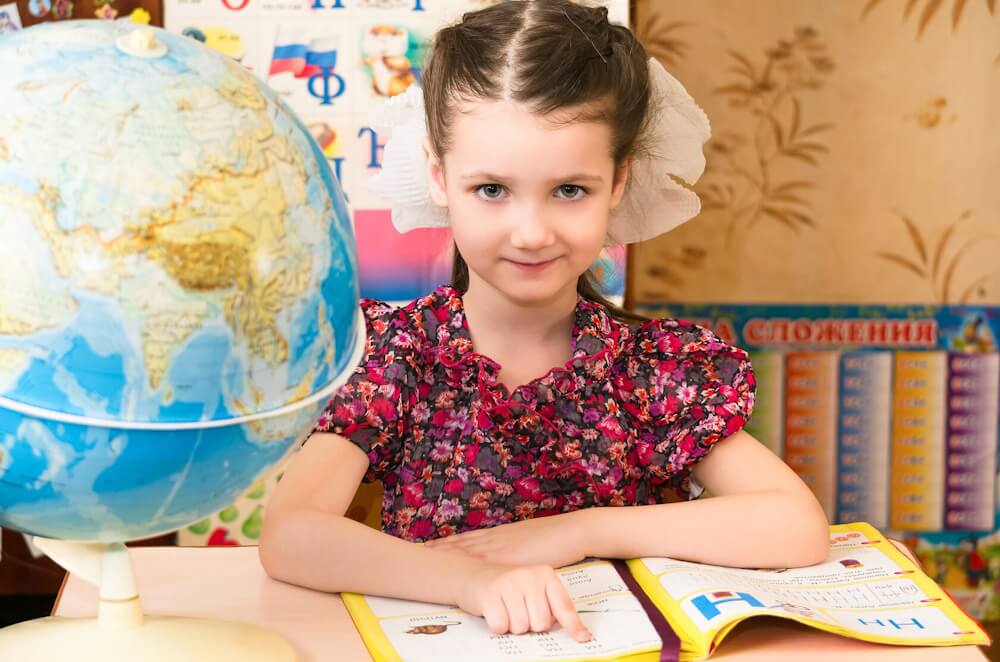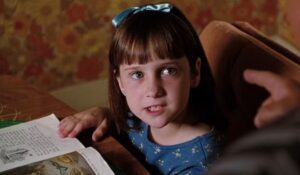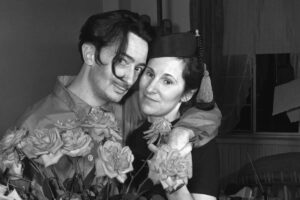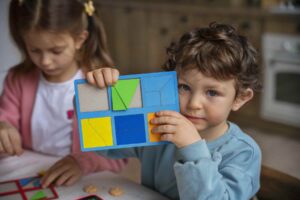Childhood is the most favorable age for learning new information, developing mental processes and building skills. It is not for nothing, for example, that it is recommended to start learning languages at an early age.
According to French neuroscientist Jean-Pierre Changé, one of the main features of human brain development is that it continues long after birth... for about fifteen years. And during this time, you have to learn a lot and prepare your brain for adulthood.
The adult brain loses plasticity, and the children's brains are very flexible. As the brain learns, it builds new connections between neurons, but it is most susceptible to change at an early age. Interestingly, a child's brain forms twice as many synapses (connections) as necessary. Over time, the unnecessary connections will break down. To leave more connections, you need to load the brain with different tasks: dancing, math, music, reading, learning languages, creativity, and so on.
Adults have a harder time absorbing information, and the children, on the contrary, are more active in learning new things. From 4 to 10 years of age, children's brains are twice as active as adult brains. Thus, children's brains use up to 50% of oxygen to function, while adult brains use about 20%. At the age of 7 to 11 years the leading activity in children is learning. It is as if the brain itself is asking "teach me, I am ready, I want".
Adults don't have time to study, but children do. Children internalize information during play and they have about 15 years to do it. They do not need to work, build a family, take care of housing and so on. Childhood is the best time to lay the foundation for a successful life later on. And it is important to teach children that self-education should be an integral part of life. If the brain is accustomed to stress from childhood, it will remain alive and flexible even at the age of 70.
Learning from an early age pays off. For example, Anatoly Vasserman was tutored by his mother from childhood. At the age of 4 he could read, at the age of 14 he himself read a 15-volume mechanical engineering handbook and tried to explain this information to his younger brother.
Sergei Mikhalkov was home-schooled, entered school immediately in the 4th grade, and wrote his first poem at the age of 9. And this only confirms the idea that children's brains have incredible potential. And how to use it is up to you.







